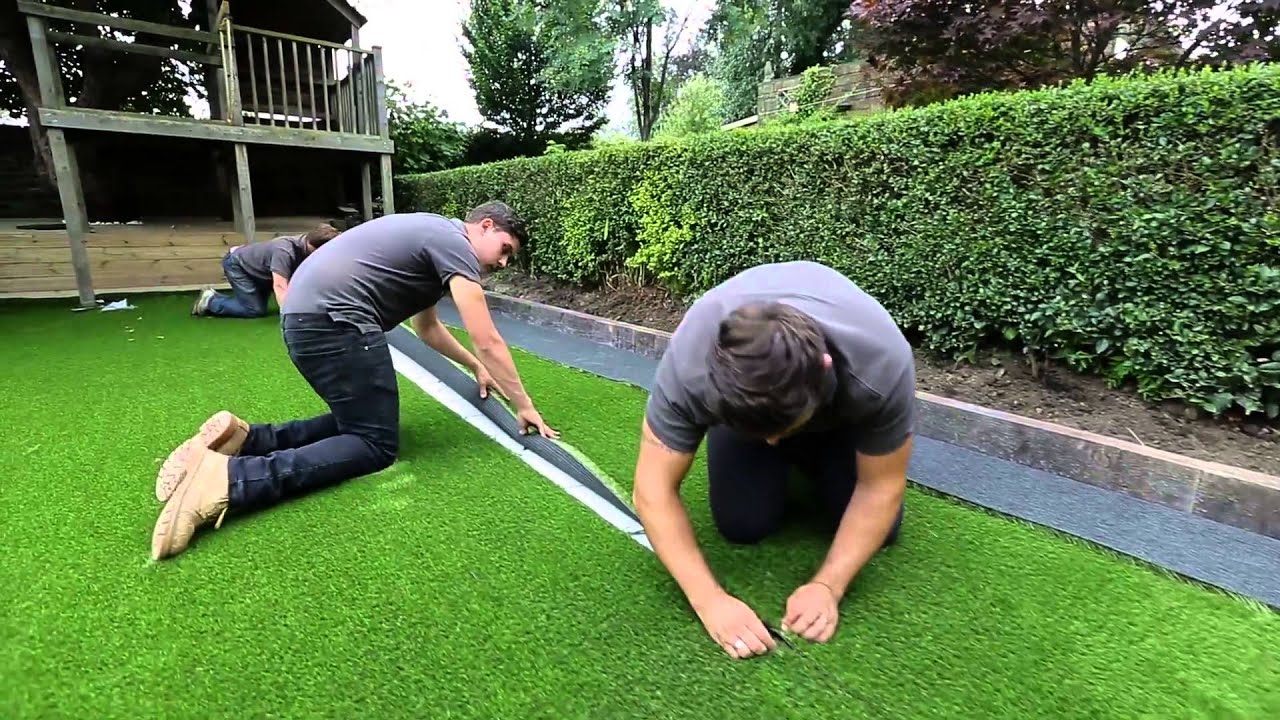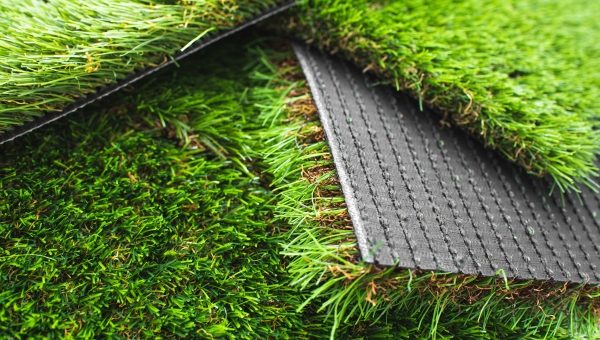Personalized Turf Installation Phoenix AZ for Homes, Businesses, and Recreational Spaces
Personalized Turf Installation Phoenix AZ for Homes, Businesses, and Recreational Spaces
Blog Article
Explore the Environmental Perks of Opting for Synthetic Grass Solutions
The adoption of synthetic grass remedies offers a compelling opportunity to address pushing environmental challenges. By substantially lowering water use and minimizing the application of damaging chemicals, these options not only advertise lasting landscape design however likewise protect regional communities. The reduced carbon footprint connected with lowered maintenance activities adds to a much more sustainable method to land management. The ramifications of these benefits prolong past plain conservation efforts, raising questions about their long-term effect on environment preservation and total environmental equilibrium. Exploring these measurements reveals an intricate interplay worth considering.
Water Conservation Perks
One of the most significant benefits of artificial lawn is its ability to preserve water. Typical lawn lawns require significant watering, specifically in areas prone to drought or water limitations. In contrast, synthetic grass does not require watering, significantly lowering the overall demand for water resources. This feature is especially beneficial in arid regions where water deficiency is a pressing problem.
By removing the demand for normal watering, fabricated lawn contributes to sustainable landscape techniques and aids reduce the ecological impact of extreme water intake. The preservation of water extends to the reduction of overflow, which can lead to dirt erosion and waterway contamination.
Furthermore, the installment of synthetic grass allows towns and home owners to allot water sources more effectively, concentrating on necessary usages such as drinking water and farming. The change in the direction of man-made turf not only promotes responsible water usage yet additionally straightens with more comprehensive ecological goals intended at maintaining natural deposits.
As communities significantly focus on sustainability, the water conservation advantages of synthetic grass offer a compelling situation for its adoption in residential and business landscape design jobs.
Minimized Chemical Usage
The shift to synthetic grass significantly lowers the dependence on chemical treatments commonly utilized in natural turf upkeep. Typical grass monitoring typically involves the application of herbicides, plant foods, and pesticides to advertise growth and control insects. These chemicals can pose dangers to human health, local wildlife, and the environment, adding to soil and water contamination.
In contrast, man-made turf gets rid of the demand for these hazardous compounds. By reducing the launch of artificial substances right into the ecological community, man-made turf advertises much healthier dirt and water systems.
Furthermore, the absence of chemical runoff connected with fabricated lawn installations helps shield neighborhood rivers from air pollution, sustaining water life and preserving biodiversity. Phoenix turf companies. As neighborhoods significantly focus on lasting techniques, going with synthetic grass provides a practical remedy that straightens with environmental conservation objectives. Via this change, homeowner can enjoy rich eco-friendly areas without endangering ecological health, leading the way for an extra lasting future
Lower Carbon Impact

In addition, the installation of fabricated grass can cause substantial water preservation. Natural yards call for considerable quantities of water for watering, which not only includes to the carbon impact connected with water removal and treatment however additionally strains neighborhood water resources. In comparison, synthetic grass needs very little upkeep, calling for no watering, thus considerably minimizing water usage and its linked power costs.
In addition, the durability of fabricated lawn contributes to its decreased carbon influence. With a lifespan Get More Information of up to 15 years or more, the requirement for constant substitutes is lessened, causing less waste and reduced power usage in production and dealing with typical grass choices. Overall, artificial turf provides a lasting option for environmentally conscious landscaping.
Habitat Preservation
Habitat preservation is a crucial factor to consider in the debate over landscape design selections, specifically when comparing man-made grass to natural grass. All-natural grass yards often call for substantial maintenance, including using plant foods, pesticides, and herbicides, which can adversely influence regional environments. These chemicals can leach into the soil and rivers, harming indigenous flora and animals and disrupting neighborhood habitats.
In contrast, synthetic grass presents a chance to minimize the environmental impact of landscaping. By selecting artificial lawn, property owners can minimize the interruption of natural habitats related to conventional grass care methods. Synthetic lawn eliminates the requirement for unsafe chemicals, therefore safeguarding close-by wild animals and maintaining the stability of surrounding environments. Moreover, the setup of artificial lawn can result in the conversion of previous yard locations into more biodiverse landscapes, great site such as pollinator yards or indigenous plant areas, which can sustain neighborhood wildlife.
Ultimately, the shift to synthetic grass not only saves water and decreases maintenance efforts but additionally cultivates a more harmonious partnership in between human activities and the natural setting, advertising habitat preservation while doing so.
Long-Term Sustainability
Long-term sustainability is a vital consider assessing the benefits of man-made lawn over traditional yard yards. One of one of the most substantial advantages of synthetic lawn is its durability; it can last approximately 15-20 years with marginal upkeep, whereas natural grass needs frequent reseeding and substitute. This long life decreases the demand for continuous resources, such as water, plant foods, and pesticides, which are important for keeping a healthy grass yard.
Furthermore, fabricated grass adds to a decrease in carbon discharges related to lawn treatment devices. Traditional grass usually require gas-powered lawn mowers, leaners, and blowers, all of which add to air pollution. Turf installation phoenix az. In comparison, synthetic grass removes the demand for such devices, advertising a cleaner environment
Additionally, the manufacturing of man-made lawn increasingly utilizes recycled materials, boosting its sustainability account. As producers take on environment-friendly techniques, the ecological impact of artificial turf remains to reduce.

Verdict
The adoption of man-made lawn remedies offers significant ecological benefits, consisting of significant water preservation, minimized reliance on unsafe chemicals, and a lower carbon footprint. Moreover, synthetic grass help in protecting natural habitats by decreasing land disruption and promoting long-lasting sustainability through the use of long lasting materials. Jointly, these variables emphasize the capacity of synthetic turf to add positively to environmental wellness and use a sensible alternative to typical landscape design practices in a progressively resource-conscious world.
In contrast, artificial lawn does not require watering, considerably minimizing the general need for water resources. By reducing the release of artificial compounds right into the community, man-made turf advertises healthier dirt and water systems.
Additionally, the setup of synthetic lawn can result in substantial water preservation. In contrast, man-made grass requires minimal maintenance, calling for no watering, thereby substantially reducing water usage and its linked energy expenses.

Report this page